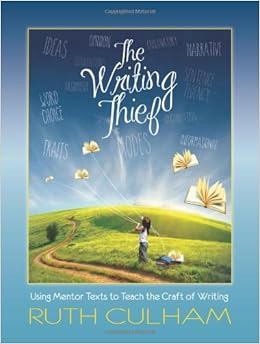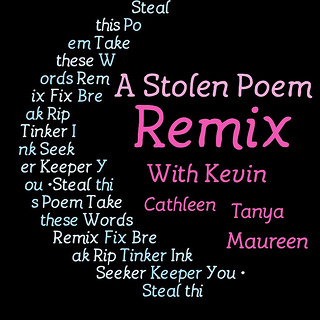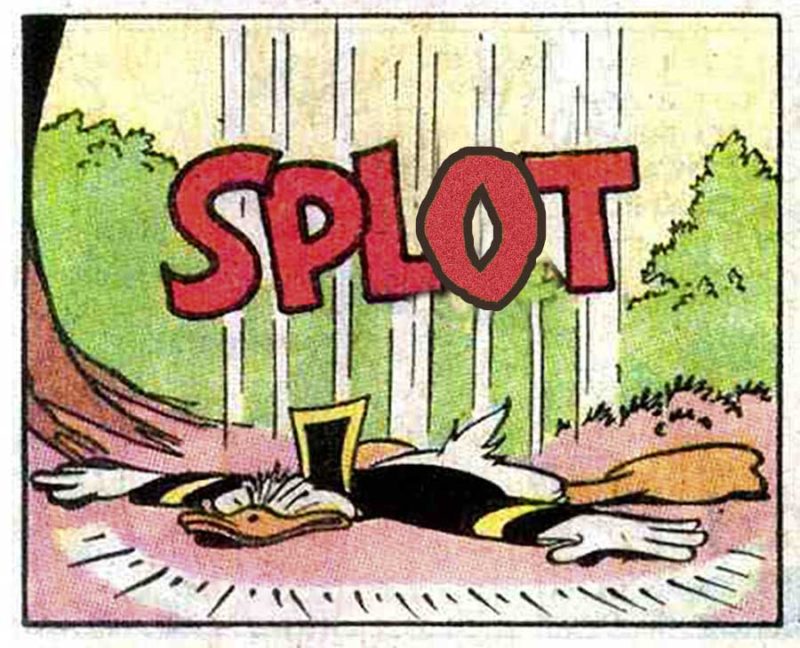
“… to be a writing thief, you’ll have to case the joint to figure out what to pilfer.” — Ruth Culham, The Writing Thief, page 45.
I think Ruth will be OK with me stealing her words, don’t you? If you write a book called The Writing Thief, you are tacitly saying, go ahead – use my words. It might be that her publisher has other ideas but I figure I am taking Ruth at her word. I am inside a MOOC right now. Or more like a mini-MOOC, an offshoot of the Making Learning Connected collaborative, in which we are teachers reading Ruth’s book, and interacting around mentor texts. What I like is how we are using the book to look for texts all around us, in all sectors of our world. Grocery story signs, advertisements, novels, poems, fliers, whatever. It’s all fair game for theft. We’re seeking out texts that we can bring to our classroom to engage our students in literacy practice.
I even found band names and descriptions in a flier for a New Year’s Eve celebration. Pretty nifty.
But I steal words all the time. In fact, I am a self-proclaimed “line lifter” — a practice in which I read blogs, steal a line, and build a poem off the blogger’s ideas and then give the poem back to the blogger in the form of a comment. I find that not only does this thievery focus me as a reader, it compliments the writer, and gives them a little token of appreciation. But I don’t ask permission. I just do it. I steal with passion.
As a songwriter, I realize just how often I take phrases and chord progressions from others, although, unlike my line lifting, this often happens accidentally. I have a friend who always ribs me about a particular song that sounds just like Marakeesh Express by CS&N. Dang it. It did sound like that, too. And I liked that song that I wrote. Yet even I, the writing thief, knows when a line has been crossed. I kicked that song to the curb and went back to work.
What’s the line between inspiration and theft? It can be tricky. Certainly the legal world has been battling that out for years. John Fogerty sort of battled his own past (which was owned by a publishing company) when his new songs sounded like his old songs. Well, yeah. Duh. But outright plagiarism is still a bad thing. Ask any politician whose career has been derailed by a few chosen lines from someone else’s text.
I like to think of my life as a writing thief as one that values the words I steal and use and remix. In fact, feel free to my piece here or maybe steal this poem, by the way. Remix the hell out of me. I’m fine with that.
–Kevin
The Writing Thief, by Ruth Culham; Marakeesh Express by Crosby, Still & Nash; Countless Bloggers Whose Words I Have Lifted


